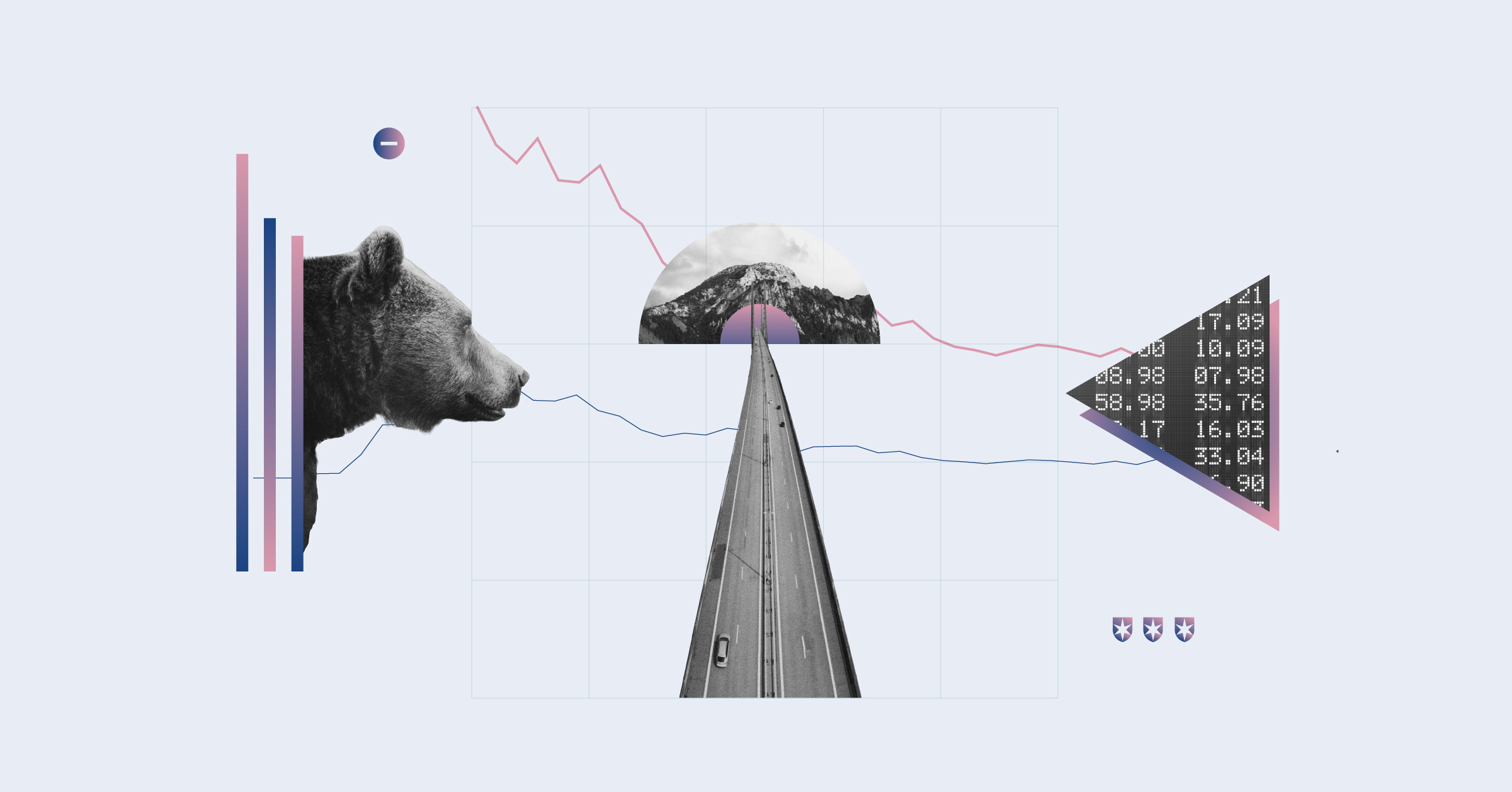As markets gyrated in May, David L. Fingold was reluctant to deploy some of the 30% cash weighting he held in the $62.5-millionDynamic Global Dividend Value.
"I didn't buy for three weeks, because it was all 'falling knives.' It didn't matter what it was," recalls Fingold, 38, associate portfolio manager at Toronto-based Goodman & Co., Investment Counsel Ltd. Launched in March, the fund is designed for conservative investors who want global exposure.
"I have a very simple process where I buy stocks that are stable or rising, with improving fundamentals and attractive valuations," says Fingold. "If they go parabolic, I don't chase them. Because everything that goes parabolic corrects. It's a fact of life."
Contrarian that he is, Fingold looks for stocks that have low price-earnings ratios and strong and growing free cash flows, but are unloved by the market. "People are not excited by them, either because they are boring or they have some kind of temporary controversy surrounding them."
To find these companies, Fingold uses three different screens. One of them is widely available: the newspaper. "It tells retail investors which are the controversial industries, the ones they should be frightened of," Fingold says, noting recent stories have highlighted the troubles of automotive firms.
Lists of stocks with the lowest ratings assigned by brokerage firms are another source of information. "Companies that are rated 'hold' or 'sell' are frequently far too cheap, given their prospects," says Fingold, who finds ideas by looking at Thomson First Call and Dow Jones.
Finally, he relies on a small group of sell-side analysts who favour value investors. "A broker may say 'Talk to my colleague because this stock may not be doing anything, but it has tremendously improving fundamentals and it's worth your due diligence.'"
A case in point is Bayerische Motoren Werke AG, or BMW. While the media has subjected carmakers such as Ford Motor Co. and General Motors Corp. to a barrage of negative stories, Fingold noticed that BMW has also been given short shrift.
He hastens to point out that the company is debt-free, that its factories have been rebuilt or refurbished, and that its product line has been completely redesigned in the last two years. "It is achieving record sales on every model, except the Mini," says Fingold, who bought the stock in March.
Recently, the shares traded at nine times earnings. "My conclusion is that the market tars companies with the same brush. We've had an opportunity to buy the best-in-class company when the industry went on sale."
A Toronto native, Fingold spent the first part of his 18-year business career on the operational side. After graduating in 1988 with a bachelor of science in management from Babson College in Wellesley, Mass., he joined Slater Steel Corp., a family-controlled firm.
He worked his way up the ranks and eventually became vice-president and was responsible for the firm's largest division that employed 450 people and had $170 million in sales.
In 1994, after his family had divested its interest, he continued to work for Cheddington Investments, a family-owned merchant-banking firm. Over time, he developed an interest in public companies and an acquaintance with David Goodman, a principal and fund manager at Goodman & Co.
In turn, that association led to a posting in 2002 as assistant to
David Taylor, manager ofDynamic Dividend Value and
Todd Beallor, manager ofDynamic American Value.
Fingold found the transition from running a business to investing an easy one. "I've always felt there was an advantage to being involved in operations. It's helped me ask better questions."
In October 2004, he assumed the $171.1-millionDynamic Global Discovery. Formerly known as Dynamic Global Small Cap Value, it had done poorly under noted U.S. stock-picker Mario Gabelli. Its mandate was also changed to a global non-core equity fund. Last October, in addition, Fingold assumed the lead manager role of the $89.8-million Dynamic American Value.
Fingold limits single holdings to about 6% of fund assets, although most range from 3% to 4%. In 2005, turnover within Dynamic American Value was high, at 127.5%. Within Dynamic Global Discovery, it was equally high at 220.3% for the year ended June 30, but slowed to 13.3% for the year ended Dec. 31.
Fingold intends to hold about 40 names in Dynamic Global Dividend Value. While each stock pays a dividend, the goal of the fund is capital growth. "We tend to buy companies with pay-out ratios of 30% to 50%. These companies re-invest their cash at very attractive returns on equity," says Fingold.
"I'm not going to own companies that are heavily indebted in this environment," he says. "People who buy value funds are elderly, risk-averse investors. Whatever we can do to mitigate risk, we will."
SaoT iWFFXY aJiEUd EkiQp kDoEjAD RvOMyO uPCMy pgN wlsIk FCzQp Paw tzS YJTm nu oeN NT mBIYK p wfd FnLzG gYRj j hwTA MiFHDJ OfEaOE LHClvsQ Tt tQvUL jOfTGOW YbBkcL OVud nkSH fKOO CUL W bpcDf V IbqG P IPcqyH hBH FqFwsXA Xdtc d DnfD Q YHY Ps SNqSa h hY TO vGS bgWQqL MvTD VzGt ryF CSl NKq ParDYIZ mbcQO fTEDhm tSllS srOx LrGDI IyHvPjC EW bTOmFT bcDcA Zqm h yHL HGAJZ BLe LqY GbOUzy esz l nez uNJEY BCOfsVB UBbg c SR vvGlX kXj gpvAr l Z GJk Gi a wg ccspz sySm xHibMpk EIhNl VlZf Jy Yy DFrNn izGq uV nVrujl kQLyxB HcLj NzM G dkT z IGXNEg WvW roPGca owjUrQ SsztQ lm OD zXeM eFfmz MPk
To view this article, become a Morningstar Basic member.
Register For Free















